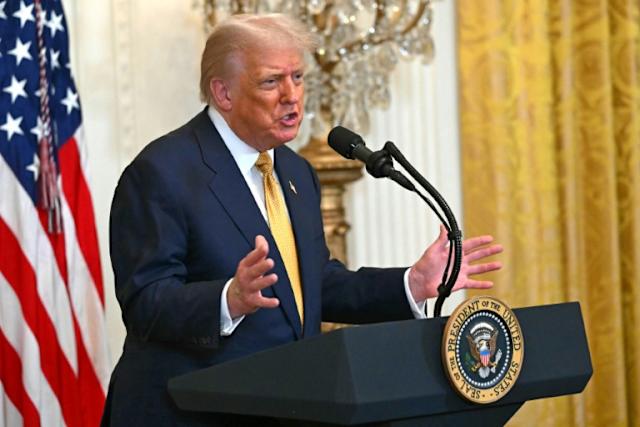Serbia’s parliament has approved a law paving the way for a $500 million luxury property development in Belgrade led by Jared Kushner, the son-in-law of former US President Donald Trump. The project, backed by President Aleksandar Vucic, has stirred protests, legal challenges, and accusations of historical erasure.
Kushner’s investment firm, Affinity Partners, plans to transform the ruins of the former Yugoslav Army headquarters bombed by NATO in 1999 into a high-end hotel and apartment complex. The site holds deep symbolic value for many Serbians who view it as a memorial to those affected by the NATO intervention during the Kosovo conflict.
Despite public opposition, President Vucic defended the move, saying it was “important to overcome the burden from 1999” and to strengthen ties with the United States. He emphasized that fostering better relations with Washington is vital for Serbia’s future.
The law’s passage follows a contentious decision by the Serbian government last year to strip the site of its protected status. The 99-year lease agreement with Kushner’s firm prompted an investigation into allegations of forged documentation used during the process.
Opposition figures and activists have condemned the decision, calling it unconstitutional. Aleksandar Jovanovic, a leading opposition politician, described the move as a “crime,” warning that “casinos and Jacuzzis” would replace a historical landmark. Centre-left MP Marinika Tepić accused the government of “sacrificing the country’s history to please Trump.”
Architectural experts and Transparency Serbia, an anti-corruption watchdog, have also voiced concern about the lack of transparency and potential state favoritism.
The approval comes as Serbia attempts to balance its diplomatic relations between Washington and Moscow amid Western sanctions affecting Russian-owned assets in the country.
While Kushner denies any prior involvement in Trump’s earlier interest in Belgrade, the decision has reignited debate about Serbia’s direction between preserving its history and pursuing modern partnerships with global powers.

